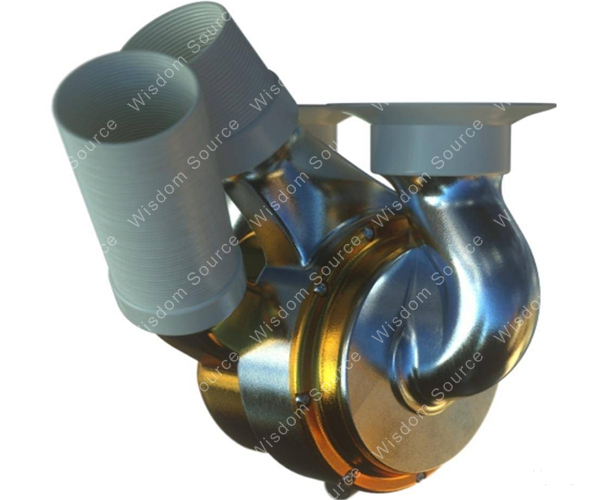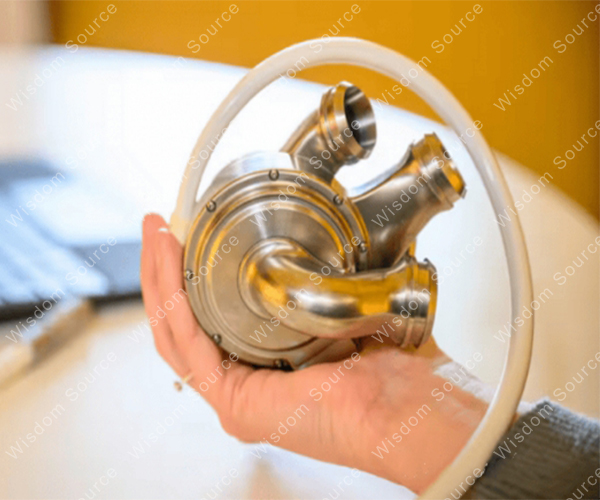Titanium Alloy Artificial Heart Achieves A New Record Of 100-Day Survival
Titanium Alloy Artificial Heart Achieves A New Record Of 100-Day Survival
The 40-year-old male patient who created a medical miracle at St. Vincent's Hospital in Sydney successfully crossed the 100-day death test with an artificial heart made of titanium alloy and recently completed a heart transplant. This revolutionary device developed by BiVACOR, relying on the breakthrough application of titanium materials, has brought new hope to tens of millions of heart failure patients around the world.
The core structure of this fully artificial heart, which weighs only 650 grams, fully demonstrates the unique advantages of titanium alloy in the field of medical technology. The entire device adopts a titanium metal shell with excellent biocompatibility, and there is only one titanium alloy rotor driven by magnetic levitation technology inside, completely abandoning the fragile valve and mechanical bearing structure of the traditional artificial heart. The excellent corrosion resistance and mechanical strength of titanium metal make the equipment ensure long-term operating reliability while minimizing the risk of wear of moving parts.

"The breakthrough application of titanium alloy materials is the key to overcoming the durability problem of artificial hearts." Dr. Daniel Timms, the inventor of the device, emphasized. The Australian bioengineer spent 15 years developing this "heart of Steel" after his father died prematurely of a heart attack. The lightweight characteristics of titanium (the density is only 60% that of steel) make the device easier to implant into the human body, and its good compatibility with human tissues significantly reduces the risk of rejection.
According to the World Health Organization, about 18 million people die from cardiovascular disease worldwide every year. Traditional artificial hearts are subject to material limitations, and the average service life is only 2-5 years.BiVACOR's titanium alloy solution breaks this limitation. Its percutaneous transmission system uses titanium-based composite materials and can be replaced with replaceable battery packs in vitro. In theory, permanent replacement can be achieved.The U.S. FDA is currently evaluating the device, and there have been 5 implantation cases that have verified the stability of the titanium structure.

In this successful case, the patient not only set a record for the length of survival with the machine, but also lived a normal life with a titanium alloy heart for 23 days after the operation. The director of cardiac surgery at St. Vincent's Hospital said: "Titanium gives the artificial heart the physiological adaptability close to natural organs. The non-contact operation of the magnetic levitation rotor in the titanium shell almost eliminates the risk of thrombosis." With the advancement of materials science, the all-titanium artificial heart may be permanently implanted within 5-10 years, revolutionizing the medical landscape of organ transplantation.
